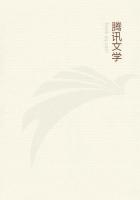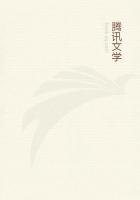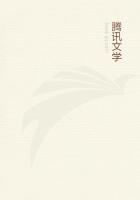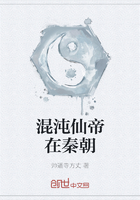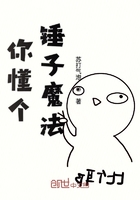a. Descartes expresses the fact that we must begin from thought as such alone, by saying that we must doubt everything (De omnibus dubitandum est); and that is an absolute beginning. He thus makes the abolition of all determinations the first condition of Philosophy. This first proposition has not, however, the same signification as Scepticism, which sets before it no other aim than doubt itself, and requires that we should remain in this indecision of mind, an indecision wherein mind finds its *******. It rather signifies that we should renounce all prepossessions - that is, all hypotheses which are accepted as true in their immediacy - and commence from thought, so that from it we should in the first place attain to some fixed and settled basis, and make a true beginning. In Scepticism this is not the case for with the sceptics doubt is the end at which they rest. (2) But the doubting of Descartes, his ****** no hypotheses, because nothing is fixed or secure, does not occur in the interests of ******* as such, in order that nothing should have value except ******* itself, and nothing exist in the quality of an external objective. To him everything is unstable indeed, in so far as the Ego can abstract from it or can think, for pure thought is abstraction from everything. But in consciousness the end is predominant, and it is to arrive at something fixed and objective - and not the moment of subjectivity, or the fact of being set forth, known and proved by me. Yet this last comes along with the other, for it is from the starting point of my thought that I would attain my object; the impulse of ******* is thus likewise fundamental.
In the propositions in which Descartes gives in his own way the ground of this great and most important principle, there is found a na?ve and empirical system of reasoning. This is an example:
“Because we were born as children, and formed all manner of judgments respecting sensuous things before we had the perfect use of our reason, we are through many preconceived ideas hindered from the knowledge of the truth. From these we appear not to be able to free ourselves in any other way but by once in our lives striving to doubt that respecting which we have the very slightest suspicion of an uncertainty. Indeed it is really desirable to hold as false everything in respect to which we have any doubt, so that we may find more clearly what is most certain and most knowable. Yet this doubt has to be limited to the contemplation of the truth, for in the conduct of our life we are compelled to choose the probable, since there the opportunity for action would often pass away before we could solve our doubts. But here, where we have only to deal with the search for truth, we may very reasonably doubt whether any thing sensuous and perceptible exists - in the first place because we find that the senses often deceive us and it is prudent not to trust in what has even once deceived us, and then because every day in dreaming we think we feel or see before ourselves innumerable things which never were, and to the doubter no signs are given by which he can safely distinguish sleeping from waking. We shall hereby likewise doubt everything else, even mathematical propositions, partly because we have seen that some err even in what we hold most certain, and ascribe value to what to us seems false, and partly because we have heard that a God exists who has created us, and who can do everything, so that He may have created us liable to err. But if we conceive ourselves not to derive our existence from God, but from some other source, perhaps from ourselves, we are all the more liable, in that we are thus imperfect, to err. But we have so far the experience of ******* within us that we can always refrain from what is not perfectly certain and well founded.” (3) The demand which rests at the basis of Descartes’ reasonings thus is that what is recognized as true should be able to maintain the position of having the thought therein at home with itself. The so-called immediate intuition and inward revelation, which in modern times is so highly regarded, has its place here. But because in the Cartesian form the principle of ******* as such is not brought into view, the grounds which are here advanced are for the most part popular.

